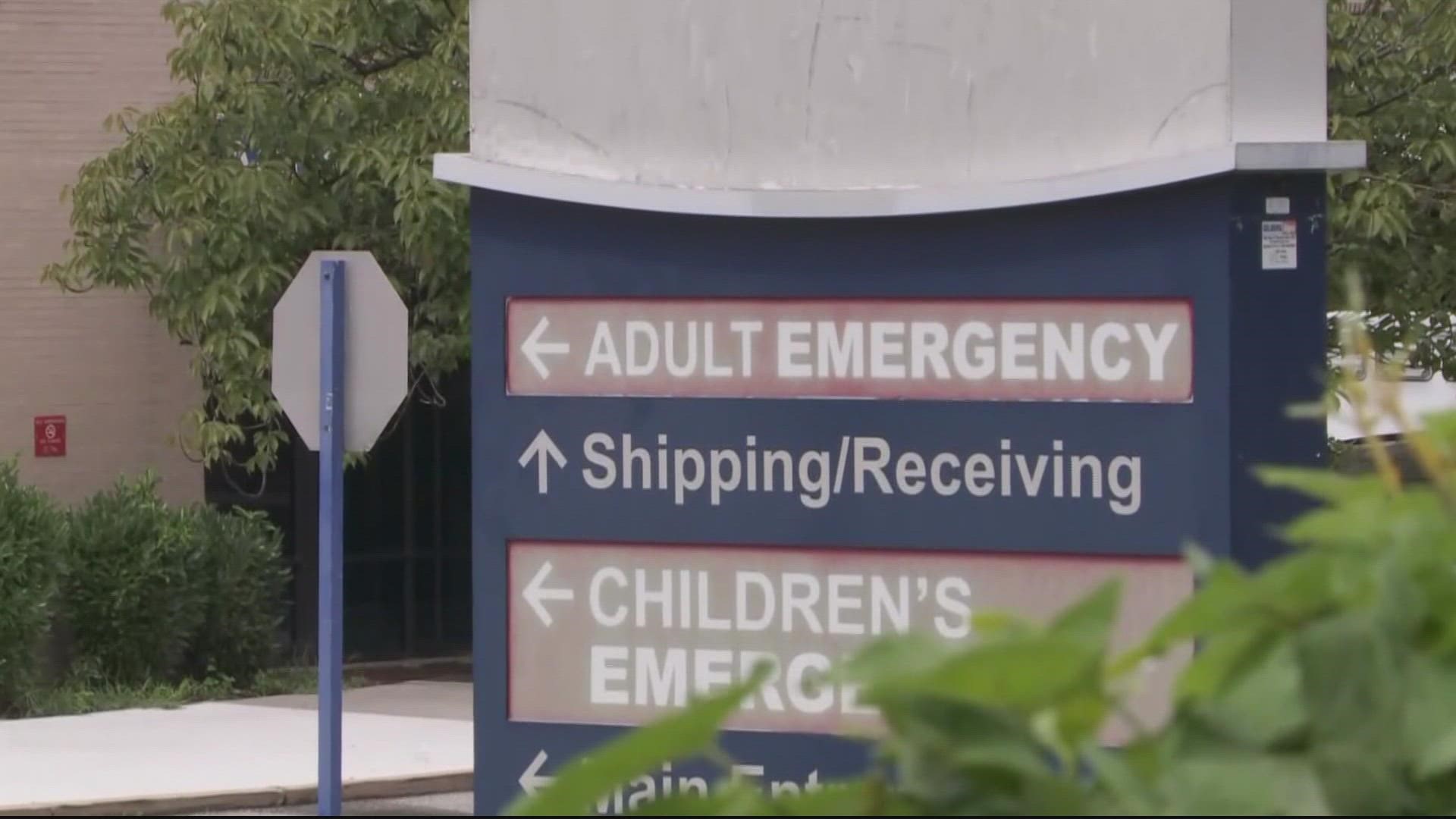WASHINGTON — A new DC Maternity Study is looking for participants that can help researchers understand how inequitable access to hospitals in Southeast affects care for pregnant women, especially Black women.
The maternal health disparities in DC are staggering. Researchers at Harvard have statistics showing Black women are three to four times more likely to die of pregnancy-related causes than their white counterparts.
That’s why those same researchers want to speak to Black women in Wards 7 and 8 specifically about their pregnancies and childbirth experiences.
“The infant mortality rate is six times as high as the infant mortality rate in ward three,” Alecia McGregor said when speaking about Black women who live in Ward 8. McGregor is an assistant professor of Health Policy and Politics at Harvard. Their team of researchers wants to hear from women who’ve recently given birth in Wards 7 and 8.
“We're trying to better understand how individuals living in Southeast, DC, Ward 7 and 8 are accessing obstetric care in the wake of recent obstetric unit closures in the District,” McGregor said.
In comparison to other parts of the city, access to adequate healthcare in those two wards is limited. Earlier this year, ground broke in Ward 8 for the Cedar Hill Regional Medical Center, GW Health at St. Elizabeth's East, though the new hospital is not expected to be completed until 2024.
McGregor said mothers in Wards 7 and 8 cannot wait until 2024 for a new hospital.
“At the moment, there are no hospital-level obstetric services in Southeast, DC; as a matter of fact east of the Anacostia River. We're interested in learning about patient experiences. How are patients accessing prenatal care? How are they accessing care at the time of delivery? And then how are they navigating and accessing postpartum care?” she said.
Researchers are asking people who’ve given birth since 2018 or later, who are over 18 years old to participate in their confidential study.
“Within the District, the Black maternal mortality rates in Washington, DC is among the highest in the country. Hopefully what we learn in this study will help to really show us where those gaps exist, and where we can ultimately fill those gaps,” McGregor said.
In hopes that one of the wealthiest cities, in one of the highest income countries, can find the solution to eliminating maternal deaths.

